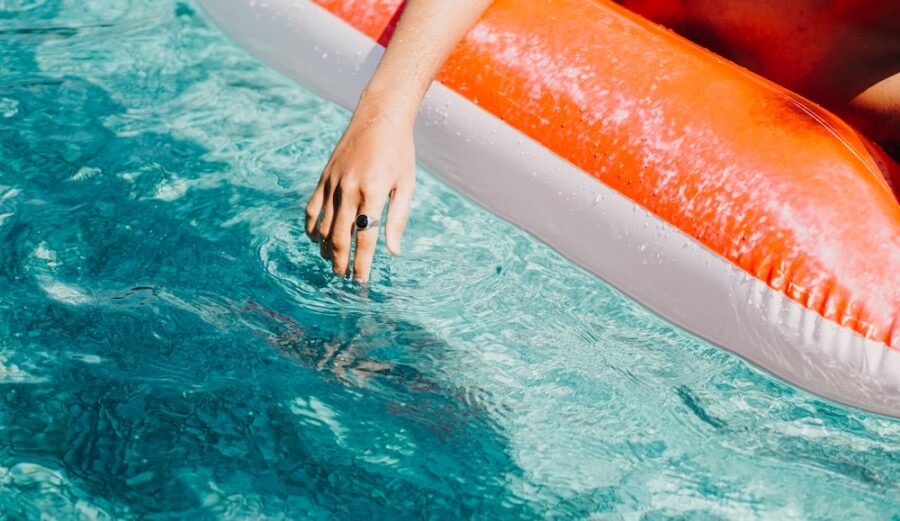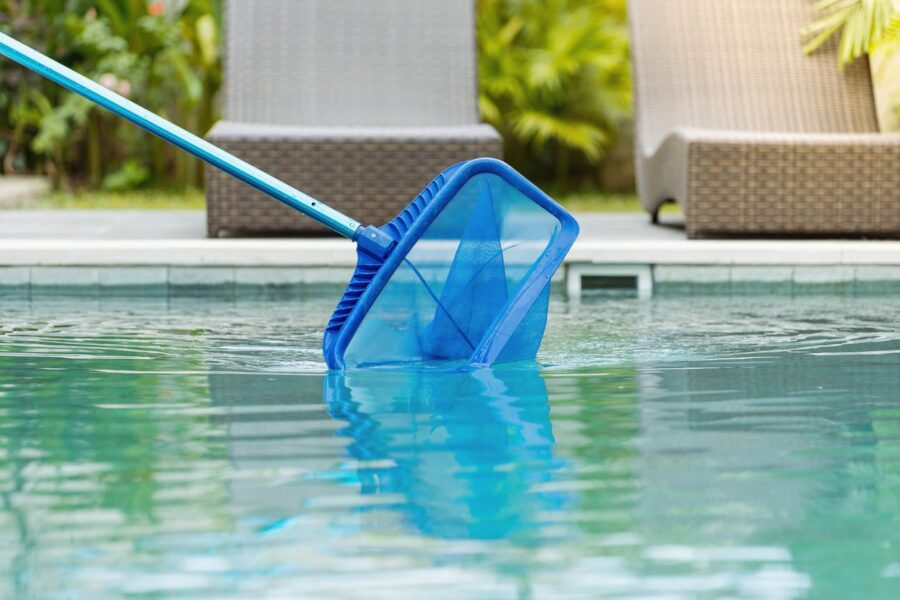Swimming Pool Cleaning: Everything You Should Know!
Swimming pools are a great way to relax, exercise, and have fun in the summertime. But with all the fun comes a lot of maintenance, especially when it comes to keeping them clean. For many homeowners, this can be an intimidating task. This blog post will explore the basics of swimming pool cleaning—from choosing the right chemicals to scrubbing away dirt and debris. So, read on to learn about it!
The Different Types of Swimming Pools
There are many different types of swimming pools, each with its unique features and benefits. Inground pools are the most popular type and can be customized to fit any backyard. Above-ground pools are an excellent option for those who want a pool without the hassle of installation and can be found in various sizes and shapes.
Fiberglass pools are incredibly durable and require minimal maintenance, while vinyl liner pools are a more budget-friendly option. Saltwater pools use salt to generate chlorine, which is gentle on the skin and eyes. No matter your pool type, keeping it clean and well-maintained is essential!

The Different Types of Pool Cleaning Methods
There are three pool cleaning methods: manual, automatic, and robotic.
Manual pool cleaners are the most basic type and usually consist of a brush or vacuum attached to a pole. This cleaner is best for small pools or pools with very little debris.
Automatic pool cleaners are more advanced than manual cleaners and use suction to collect debris. They are best for medium to large-sized pools, and you can use them in in-ground and above-ground pools.
Robotic pool cleaners are the most advanced type and use brushes and filters to collect debris. They are best for large pools; you can use them in in-ground and above-ground pools.

How Often Should You Clean Your Pool?
It is essential to clean your pool regularly to ensure that the water is safe and clean for swimming. The frequency of cleaning will depend on a few factors, such as the size of your pool, the number of swimmers, and the type of pool you have.
If you have a small pool used only occasionally, you may only need to clean it once a week or so. However, if you have a large pool that is used frequently, you will likely need to clean it more often – perhaps even every day.
Different types of pools require different cleaning schedules. For example, saltwater pools generally do not need to be cleaned as often as chlorine pools.
No matter what type of pool you have, it is essential to check the pH levels regularly and adjust the chemicals accordingly. It would be best if you also brushed the walls and floor of your pool every week to prevent algae growth. All of these tips and prerequisites are important for well swimming pool cleaning.

Conclusion
Swimming pool cleaning is essential to maintaining a safe and enjoyable environment for you and your guests. The process of cleaning will vary depending on the type of pool, size, and chemical balance. Also, there are other factors, but following these tips can help keep your pool in the best shape possible. Taking care of your pool should be an easy and rewarding experience – don’t let it become a chore!
